Investors shouldn’t expect sales of gummies, vapes and other newly launched cannabis 2.0 products to rescue pot stocks in 2020.
That’s according to Lightwater Partners Ltd. analyst Jerome Hass, who’s skeptical the next generation market will live up to the hype.
Cannabis companies have placed high hopes on infused products to bolster revenues and increase margins, but Hass is less optimistic.

Analyst Jerome Hass of Lightwater Partners Ltd. forecasts pot stocks to drop further in 2020 despite the industry’s high hopes for cannabis 2.0. Photo courtesy of Lightwater Partners
“Cannabis 2.0 sales are going to be very muted, and I think everyone is going to be pretty guarded coming out of the gates,” Hass said. “Q1 and Q2 will disappoint relative to current expectations of the market, and I’m not really sure they are going to get their act together by Q3 and Q4.”
Hass said he mostly agreed with a report published this week by Wall Street investment bank Raymond James.
Similar to the New York-based analysts, he said that because Canada’s pot players are exercising caution with how they introduce next generation products, their staggered roll-out plans will hurt sales for most of the year.
Read more: Cannabis 2.0 won’t hit shelves till early January: Canopy
But Hass doesn’t agree with the report’s prediction that the cannabis 2.0 market will suddenly take off by year end.
Hass, a portfolio manager at Lightwater who holds a short position on Canopy Growth (TSX: WEED), said Canadian producers gunning for big vape and edible sales face a myriad of issues that will likely go unsolved.
He said the biggest risk the cannabis 2.0 market faces is the potential for negative headlines involving edible overdoses and children accidentally ingesting their parents’ gummy stash.
“If Canadians end up in hospitals that’s going to get a lot of negative publicity and I think that will have a big impact on the industry throughout the whole of Canada,” Hass said. “It’s just inevitable that that is going to happen.”
He said the press is already watching the industry closely due to reports like the commentary published Monday in the Canadian Medical Association Journal on the unexpected health risks of edibles.
The Canadian physicians’ comments — which made international headlines — focused on the risks of overconsumption and overdose, especially among children and seniors. They also said there isn’t enough research on the long-term effects of edibles.
Hass said the vaping health crisis in the U.S. will also hurt 2.0 sales in Canada.
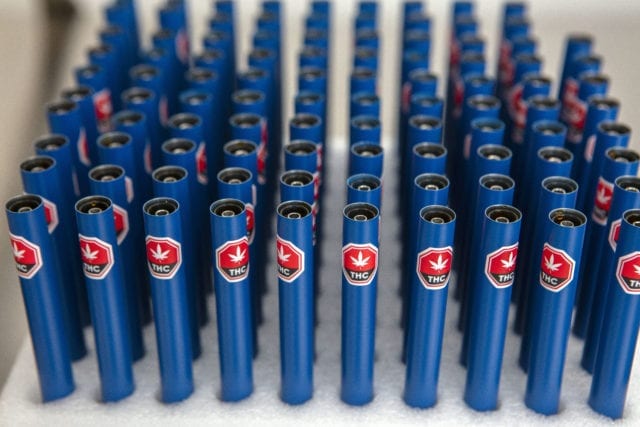
Aurora Cannabis prepares its new line of vape pens. Photo courtesy of Aurora Cannabis
“We think the roll-out of vaping will probably be a little more muted compared to the U.S. recreational markets because people have become a lot more aware of the potential dangers of vaping then they were four years ago,” he said.
Late last month, Alberta joined Quebec and Newfoundland and Labrador in halting cannabis vape sales until public health agencies can prove they are safe.
According to BDS Analytics, U.S. cannabis vape sales reached a peak of US$160 million in August 2019, but plummeted by US$41 million in the following two months. The sudden drop in sales corresponded with the U.S. Centers for Disease Control and Prevention first reported deaths attributable to e-cigarette, or vaping, product use associated lung injury, or EVALI.
As of January 7, 2020, the EVALI crisis has claimed 57 deaths and 2,602 hospitalizations in all 50 U.S. states, the CDC reports.
Exasperating the cannabis 2.0 rollout issues, Hass said licensed producers are already showing signs they’re having trouble delivering more sophisticated products.
He cites a report this week of Aphria Inc. (TSX: APHA) issuing a voluntary recall of its vapes due to some leaky cartridges.
THC in legal edibles can cost 23X black market options
Even if some of the top pot firms improve their cannabis 2.0 product quality, Hass said pricing and overall value will likely remain an issue.
“People are already talking about how expensive [the 2.0 products] are and that’s going to have to come down because people can do the math pretty quickly,” he said. “When you buy a chocolate bar in five portions with 2 milligrams of THC in each portion, that won’t appeal to an experienced user,” he said.
Despite some provinces selling out of the limited supply of 2.0 products, since they became available for sale on Dec. 17, Hass said the novelty will fade when consumers compare prices with the black market.

Aurora Cannabis produces infused chocolates. Photo courtesy of Aurora Cannabis
A quick look on the BC Cannabis Store website shows an Aurora Cannabis (TSX: ACB) chocolate bar containing 10mg of THC costs $7.99.
But a grey market website, run by the Victoria Cannabis Buyers Club, sells an infused chocolate bar for $13, but contains 375mg of THC.
For the same 375mg dose of THC, a customer would have to buy $299.63 worth of Aurora chocolate bars — that’s 2,300 per cent more per milligram of THC.
Read more: Weed Reddit loses its mind over price of CBD tea, we do the math
“There’s also been a lot of hype on the beverage side,” Hass added. “But if you look at the four large recreational cannabis markets in the US, the beverage industry is less than 2 per cent of the market.”
Even if beverages are a wild success in Canada and capture 5 per cent of the market, that still works out to a tiny $50 million segment, Hass said.
While the Canadian pot sector has fallen roughly 60 per cent since its spring 2019 high, Hass expects stock prices to drop another 60 per cent in 2020.
Despite his bearish outlook, the majority of the cannabis industry remains optimistic for cannabis 2.0 and the overall future of legal weed.
Next generation products are expected to attract an estimated three million new consumers across the country, and the new market could be worth $2.7 billion, according to Deloitte.
jared@mugglehead.com
@JaredGnam

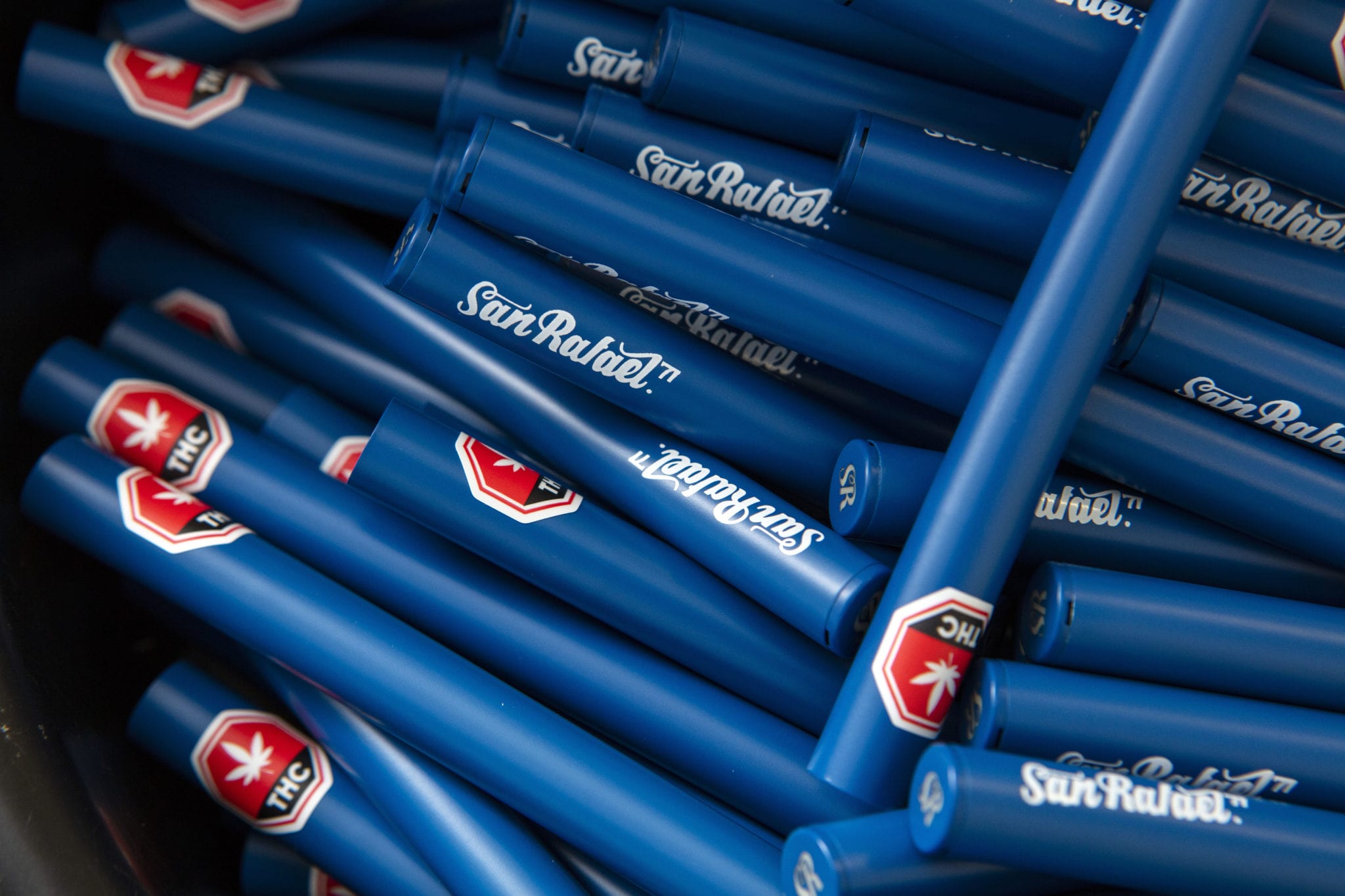





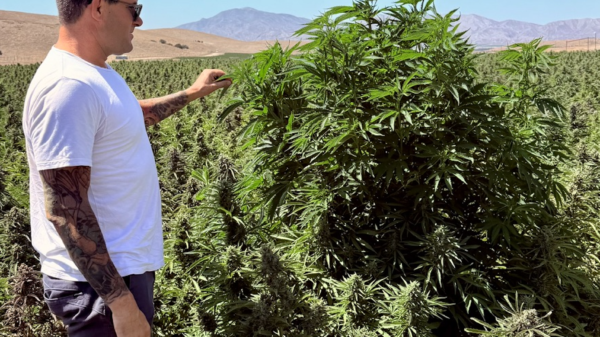
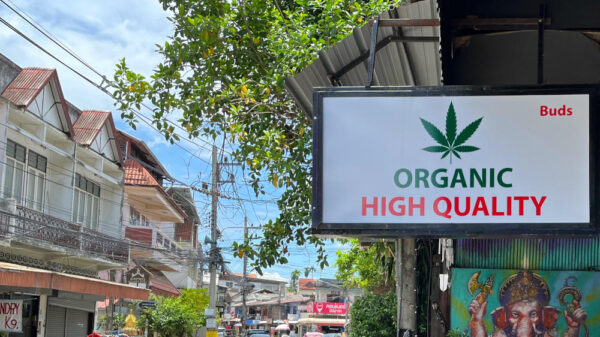



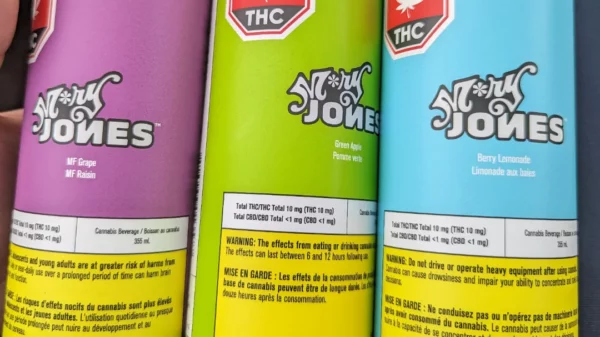
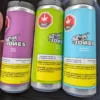
Rafi
January 10, 2020 at 12:53 pm
Next new product is rolling papers and cones infused with terpenes that are giving you control
And can change your feeling.